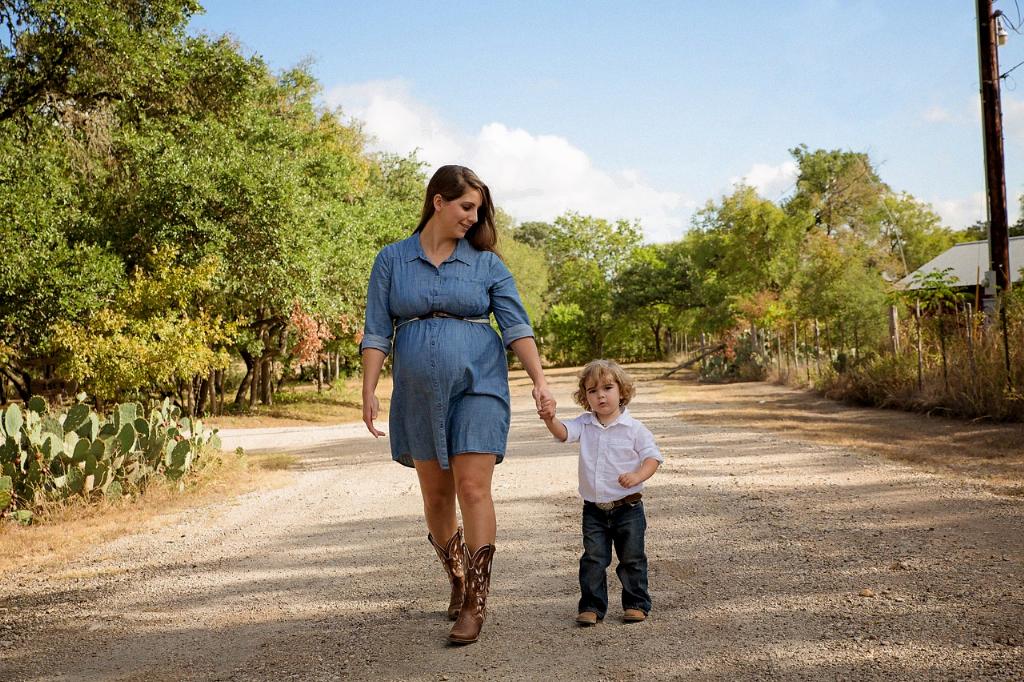Spotting, also known as implantation bleeding, is a common occurrence in early pregnancy that can often raise questions and concerns for expecting individuals. While it may initially cause worry due to its resemblance to a menstrual period, spotting can actually be a positive indicator of pregnancy.
Exploring the Significance of Spotting
Spotting typically occurs when the fertilized egg attaches itself to the lining of the uterus, which is an essential step in the early stages of pregnancy. This process, known as implantation, usually takes place around 10 days after conception.
Recognizing the Timing of Spotting
Given that implantation bleeding occurs shortly after conception, spotting can serve as an early sign of pregnancy for many individuals. It often takes place around the time when one would expect their menstrual period, potentially leading to confusion.
Understanding the Characteristics of Spotting
Spotting is typically lighter and shorter in duration compared to a regular period. The color of the blood may also differ, appearing as light pink or brown, which distinguishes it from the bright red flow associated with menstruation.
Addressing Individual Experiences with Spotting
It is important to note that not all pregnant individuals will experience spotting during early pregnancy. Every person’s journey to motherhood is unique, and the absence of implantation bleeding does not indicate a problem with the pregnancy.
Consulting Healthcare Providers
If you notice spotting or any unusual bleeding during pregnancy, it is advisable to seek guidance from a healthcare provider to rule out any underlying complications. Healthcare professionals can provide personalized advice and support based on your specific situation.
Managing Expectations and Emotions
Experiencing spotting can evoke a mix of emotions, ranging from excitement to anxiety. It is essential to stay informed about the potential causes of spotting in pregnancy and to approach any concerns with a sense of calm and openness.
Embracing the Journey of Pregnancy
Pregnancy is a transformative time filled with physical, emotional, and psychological changes. Spotting, while sometimes unexpected, can be a natural part of this process and a reminder of the body’s incredible ability to nurture and sustain new life.
Supporting Mental and Physical Well-being
During pregnancy, it is crucial to prioritize self-care and well-being. Engaging in activities that promote relaxation, maintaining a balanced diet, and staying connected with loved ones can contribute to a positive and healthy pregnancy experience.
Celebrating Milestones and Progress
Each pregnancy milestone, whether it is the moment of implantation or the first flutter of movement felt by the parent-to-be, is worth celebrating. Embracing the journey one step at a time can create a sense of joy and anticipation as you prepare for the arrival of your little one.
Respecting the Uniqueness of Your Pregnancy
Remember that pregnancy is a deeply personal and individual experience. While informative articles and resources can provide guidance, it is essential to trust your instincts, listen to your body, and embrace the journey in a way that feels authentic and meaningful to you.
Embracing Hope and Possibility
As you navigate the uncertainties and joys of early pregnancy, hold onto hope and optimism for the future. Each moment, whether marked by spotting or other signs of pregnancy, is a testament to the profound miracle of life and the potential for new beginnings.

